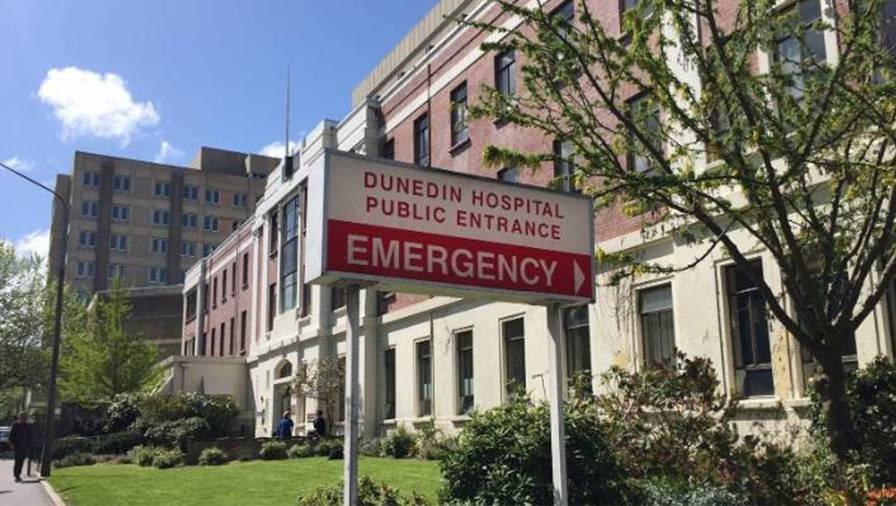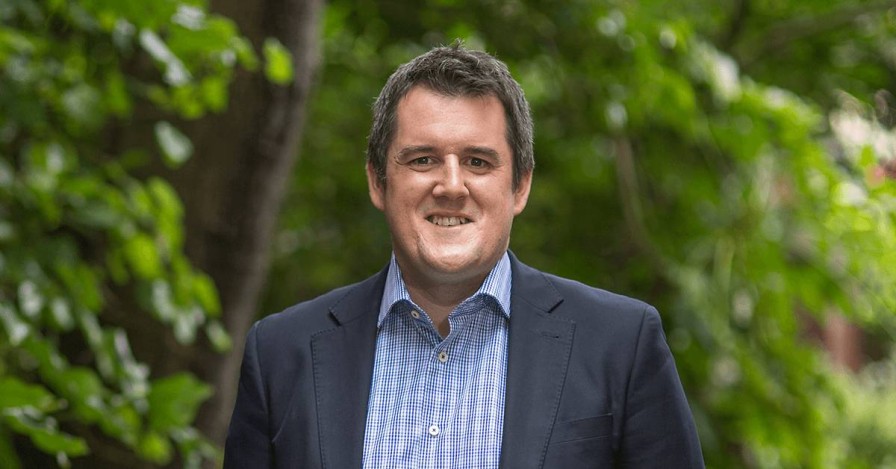Crises, car rebates and fair pay
ANALYSIS: National accuses Government of failure; Grant Robertson lists government highlights.
NBR political editor Brent Edwards speaks with Grant Walker.
ANALYSIS: National accuses Government of failure; Grant Robertson lists government highlights.
NBR political editor Brent Edwards speaks with Grant Walker.
Crisis, crisis, crisis everywhere.
Well, that seems to be the view of NBR presenter Grant Walker, who says after five years of Labour in office, there is a crisis in homelessness, health, inflation, in finding workers, the rail system, and the prison system. He asks what Labour has achieved in five years in government.
For his part, the other Grant – Finance Minister Grant Robertson – doesn’t see crises, although he acknowledges the Government faces big challenges.
When it comes to health, Robertson, while acknowledging problems in hospital emergency departments, says the Government has invested heavily in this area.
“What I do know is that we’ve increased health spending by over 40%; that we’ve put billions of dollars into the health system, which means that, for example, children under 14 get free healthcare when they go to their GP. It means we now have mental health services embedded in our primary care. We’ve got more support for Pacific health, for Māori health, for mental health.
“We are investing and we are making progress. There are elements of our health system that have been under particular strain and pressure recently. We’ve got to work on those as well, and I do believe that kind of investment matters,” he says.
But Walker points out new figures show one in four people wait more than six hours to be treated in ED, when it was one in 10 when Labour came to office. He asks is spending more money enough?
Hospital emergency departments are under pressure.
One big problem with health is how quickly new spending can be soaked up just meeting the demands of a rising population and funding technological advances in medicine, which are normally costly.
The previous Labour-led Government from 1999-2008 also invested more heavily in health but was frustrated it did not necessarily see the sorts of improvements it would have expected.
Walker is not the only one questioning the Government’s performance.
The National Party has launched a new website, which it says outlines Labour’s extensive record of failure over the past five years.
National’s campaign chair Chris Bishop says the website will let people vote on what they believe is Labour’s biggest fail.
“Is it the cost-of-living crisis, the housing catastrophe Labour has overseen, an education system slipping backwards, Labour’s soft-on-crime approach or a health system under huge pressure?” asks Bishop.
He says the Government is spending an extra $1 billion a week compared with 2017 and has nothing to show for it other than increased taxes and a massive increase in government bureaucracy.
National Party campaign chair Chris Bishop.
In response, the Government would say it got the country through the Covid-19 pandemic in relatively good shape, with unemployment at historic lows and the public finances still in decent shape. Inflation is a problem but no more so than when compared with other countries. Australia, for instance, recorded annual inflation of 7.3% in the year to the end of September, marginally higher than New Zealand’s rate.
Robertson said this week as well as the Covid response, the highlights of the past five years had been lifting about 66,000 children out of poverty, having 200,000 New Zealanders go through free apprenticeships or trade training, the food-in-schools policy, and finalising the emissions reduction plan.
One area where the country is doing better than most is in its ratio of female to male MPs. With new Labour MP Soraya Peke-Mason replacing the outgoing Trevor Mallard, it is the first time women have made up half the Parliament. Indeed, with Gaurav Sharma quitting, women are now in the ascendancy, at least until a new MP is elected in the Hamilton West by-election.
New Zealand joins five other countries in reaching the milestone and reflects the impact MMP has had on making Parliament a more diverse institution than it was under the old first-past-the-post system.
But the country still has a long way to go to reach a target of half the vehicles on its roads being EVs. Recent news coverage has focused on the fact Tesla owners seem to be the big winners out of the Government’s clean car rebate, which was put in place to encourage more people to buy EVs and Hybrids.
Walker asks if the policy is a good idea or just a Christmas present for the wealthy?
Are wealthy Tesla owners getting a Christmas present from the clean car discount scheme?
For his part, the other Grant – Robertson this time – says the scheme has helped bring 42,308 low carbon vehicles on to the road since July 1 last year.
But at his news conference, reporters said most of the rebate was going towards Teslas, a claim he rejected.
He says only 9% of the cars getting the rebate are Teslas and “it’s not most of the money either”. Many of the cars getting the rebate are Nissan Leafs and Toyota Aquas.
Meanwhile, this week Labour did deliver on at least one of its election promises but this delivery is something that National has promised it will repeal if it leads the next Government.
On Wednesday, the Fair Pay Agreements Bill passed its final reading, opening the way for industry or sector-wide bargaining to begin, as long as at least 1000 or 10% of workers in a sector agree to initiate fair pay agreement negotiations. Employers have criticised it as a return to the old national awards of the 1980s and National says it will remove flexibility from the workforce. But employers will still be able to offer their employees better conditions and more money than that set by any fair pay agreement.
National Party workplace relations spokesperson Paul Goldsmith has said he does not believe workers such as supermarket workers, cleaners, bus drivers, and security guards are underpaid. And he said pay increases should be linked to productivity improvements.
For his part, Workplace Relations Minister Michael Wood regularly unveils a chart prepared by the Ministry for Business, Innovation and Employment that shows wage increases have lagged behind productivity increases in the 30 years since the Employment Contracts Act first became law.
Workplace Relations and Safety Minister Michael Wood.
Unions argue there is a wages crisis in this country and they see fair pay agreements as a mechanism for dealing with it.
It might be a stretch to expect any fair pay agreements to be signed by the time of next year’s election but at least a couple will be close. If Labour fails to deliver on this, it means it has lost the next election. Something that National might then add to its website on Labour’s failures.
Brent Edwards is NBR’s political editor.